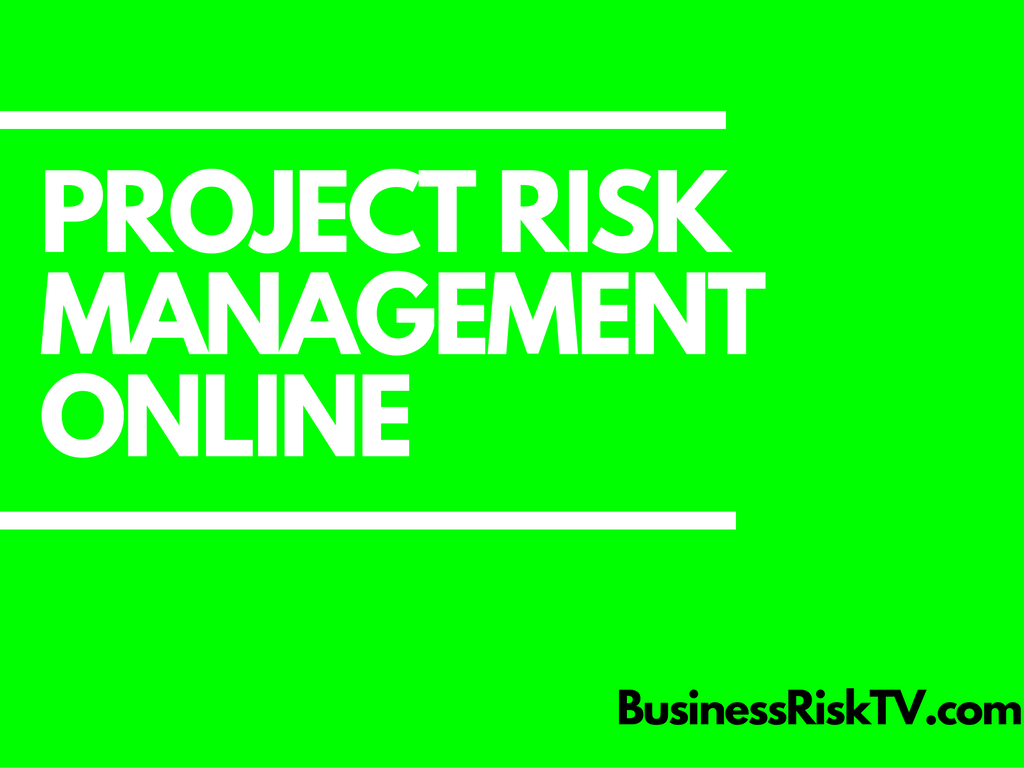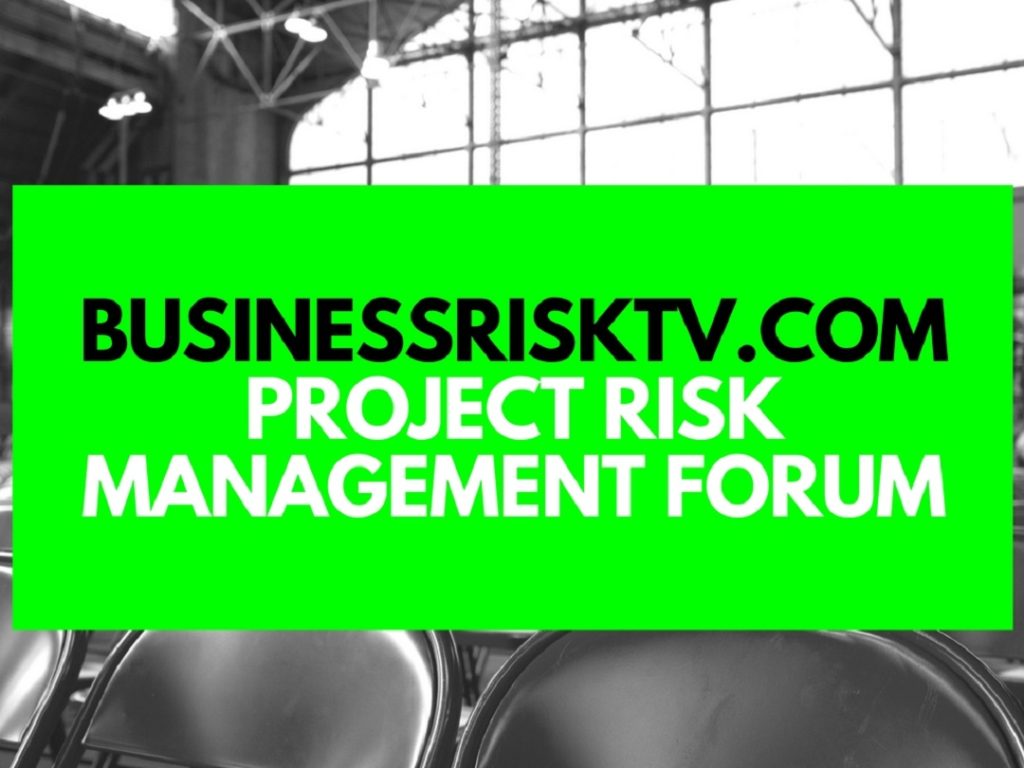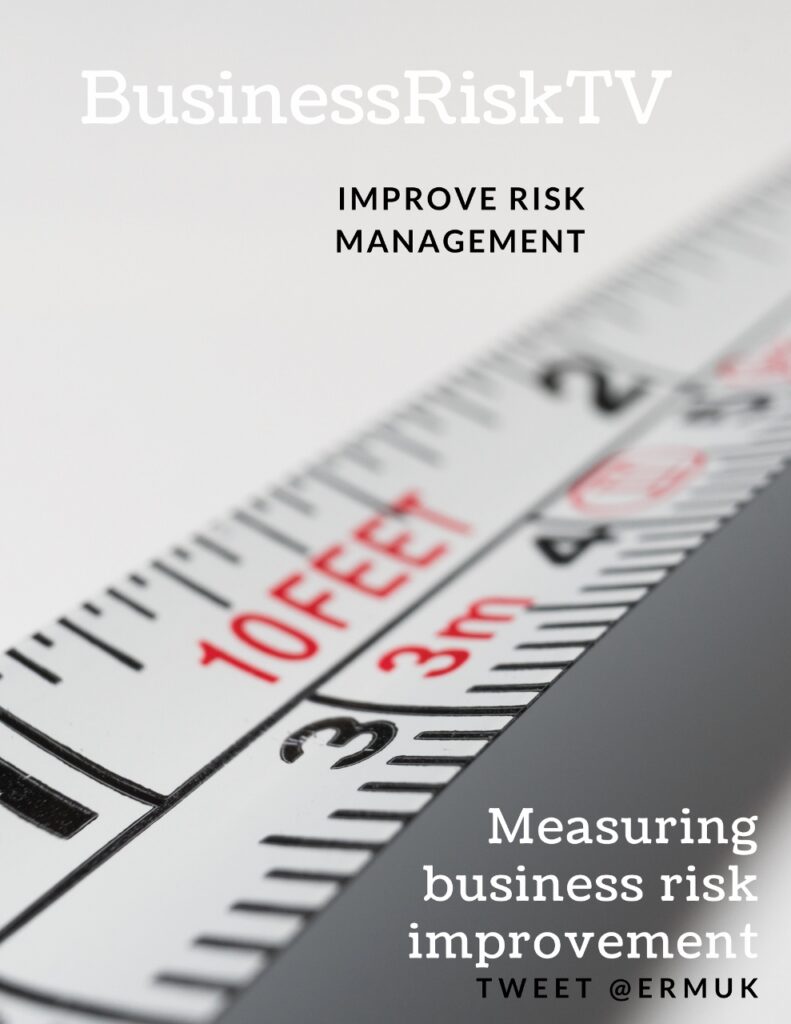“Government is like a baby: it has an alimentary canal with a big appetite at one end and no sense of responsibility at the other.” This quote, often attributed to Ronald Reagan, rings as true today as it ever did. Governments worldwide grapple with bloated budgets, Byzantine bureaucracies, and a creeping sense of detachment from the very people they are meant to serve. But what if we could fundamentally reshape the relationship between citizen and state? What if we could drastically cut the cost of big government and reclaim democratic control? This article explores the potential of streamlining government functions, focusing on the implications for procurement, business, and – perhaps most importantly – risk management. We’ll delve into how a leaner, more agile government can unlock unprecedented opportunities for businesses, and we’ll outline nine concrete strategies for business leaders to capitalise on this paradigm shift. Get ready.
Shrinking Leviathan: Cutting Costs, Unleashing Opportunity in a Post-Bureaucratic World
This is not your typical government reform discussion. We’re talking about a potential revolution in governance, and you need to be prepared.
DOGE: A Dawn of Government Efficiency?
Let’s start with government procurement. Imagine a world where complex, opaque bidding processes are replaced by transparent, streamlined systems. DOGE, or Digital Optimisation of Government Expenditure, represents this potential. It’s a conceptual framework, not a specific technology, encompassing the use of digital tools and process re-engineering to dramatically improve government purchasing. Think of it as the ultimate decluttering of the government’s attic. We’re talking about cutting red tape, eliminating redundancies, and fostering competition. This isn’t just about saving money; it’s about getting better value for every taxpayer dollar.
DOGE could revolutionise government procurement in several ways:
- Transparency: Digital platforms can make bidding processes open and accessible, reducing the risk of corruption and favouritism. Imagine a blockchain-based system where every bid, every contract, is publicly recorded and auditable.
- Efficiency: Automated systems can drastically reduce the time and resources required for procurement. No more mountains of paperwork or endless meetings. Think streamlined digital workflows that accelerate the entire process.
- Competition: A more transparent and efficient system encourages more businesses to participate in government contracting, leading to greater competition and lower prices. This is a win-win for taxpayers and innovative businesses.
- Data-Driven Decision Making: DOGE enables governments to collect and analyse data on spending patterns, identifying areas of waste and inefficiency. This allows for evidence-based decision making, optimising resource allocation.
Now, I understand that this might sound idealistic. Government reform is notoriously difficult. But the potential benefits are so significant that we can’t afford to ignore them. And the truth is, the pressure for change is mounting. Citizens are demanding greater accountability and transparency from their governments. Businesses are tired of dealing with bureaucratic hurdles. The time is ripe for a new approach.
The Business Advantage: Cutting Waste, Unleashing Innovation
A leaner, more efficient government isn’t just good for taxpayers; it’s a boon for businesses. Think about it:
- Reduced Regulatory Burden: A smaller government often means fewer regulations, reducing compliance costs for businesses. This frees up resources that can be invested in innovation and growth. Less red tape, more green lights.
- Increased Market Access: Streamlined procurement processes make it easier for businesses, especially small and medium-sized enterprises (SMEs), to compete for government contracts. This opens up new market opportunities and fosters economic growth.
- Greater Predictability: A more transparent and efficient government creates a more predictable business environment. This reduces uncertainty and encourages investment. Businesses can plan for the future with greater confidence.
- Focus on Value: When governments focus on value for money, businesses are incentivized to provide high-quality goods and services at competitive prices. This drives innovation and benefits consumers.
Let’s be clear: This isn’t about businesses getting special treatment. It’s about creating a level playing field where everyone can thrive. It’s about fostering a dynamic economy where innovation and efficiency are rewarded.
Seizing the Opportunity: 9 Strategies for Business Leaders
So, how can business leaders prepare for this potential shift in the landscape of governance? Here are nine actionable strategies:
- Embrace Digital Transformation: Invest in digital tools and technologies that can improve efficiency and transparency in your own operations. This will make you a more attractive partner for governments looking to modernise their procurement processes. Get ahead of the curve.
- Develop Expertise in Government Contracting: Understand the intricacies of government procurement regulations and procedures. Build a team with experience in navigating the government marketplace. This knowledge is your competitive edge.
- Focus on Value, Not Just Price: Demonstrate the value proposition of your products and services. Highlight the benefits you offer in terms of quality, innovation, and long-term cost savings. Don’t just compete on price; compete on value.
- Build Relationships with Government Agencies: Proactively engage with government agencies to understand their needs and priorities. Build relationships with key decision-makers. Networking is crucial.
- Champion Transparency and Ethics: Adhere to the highest ethical standards in your dealings with government. Transparency is key to building trust and credibility. Integrity matters.
- Advocate for Reform: Support initiatives that promote government efficiency and transparency. Become a voice for change. Your voice can make a difference.
- Develop Innovative Solutions: Anticipate the evolving needs of government and develop innovative solutions that address those needs. Be a problem solver.
- Prepare for Increased Competition: A more open and transparent government marketplace will likely attract more competitors. Be prepared to compete on value and innovation. Stay ahead of the game.
- Embrace Risk Management: Government contracting can be complex and risky. Develop a robust risk management framework to identify and mitigate potential challenges. Be prepared for anything.
The Global Ripple Effect: A New Model for Governance?
The potential benefits of streamlining government functions extend far beyond the borders of the United States. Imagine a world where governments around the globe are more efficient, transparent, and accountable. This could lead to:
- Increased Economic Growth: A more efficient government creates a more favourable environment for businesses, fostering economic growth and prosperity. A rising tide lifts all boats.
- Improved Public Services: Streamlined government functions can lead to better delivery of public services, such as healthcare, education, and infrastructure. Citizens deserve efficient and effective services.
- Reduced Corruption: Greater transparency and accountability can help to reduce corruption and improve governance. Transparency is the best disinfectant.
- Greater Citizen Engagement: A more responsive government can foster greater citizen engagement and participation in the democratic process. A government of the people, by the people, and for the people.
Of course, the challenges are significant. Resistance to change from entrenched bureaucracies, political obstacles, and the need to ensure equitable access to government services are just some of the hurdles that must be overcome. But the potential rewards are so great that we must strive to create a better future.
Conclusion: Embracing the Future of Governance
The concept of DOGE, or Digital Optimization of Government Expenditure, represents a powerful vision for the future of governance. It’s a vision of a leaner, more efficient government that serves the needs of its citizens and fosters a dynamic economy. It’s a vision that requires bold leadership, innovative thinking, and a willingness to embrace change. For business leaders, this represents a unique opportunity. By embracing digital transformation, focusing on value, and advocating for reform, businesses can position themselves for success in this new era of governance. The future of government is not predetermined. It’s up to us to shape it. Let’s choose a future where government is a force for good, a catalyst for innovation, and a partner in prosperity. The time to act is now.
Get help to protect and grow your business faster
Find out more about Business Risk Management Club
Subscribe for free business risk management tips risk reviews and cost cutting ideas
Read more business risk management articles and view videos for free
X
Government Efficiency and Procurement Reform Implications for Project Management









